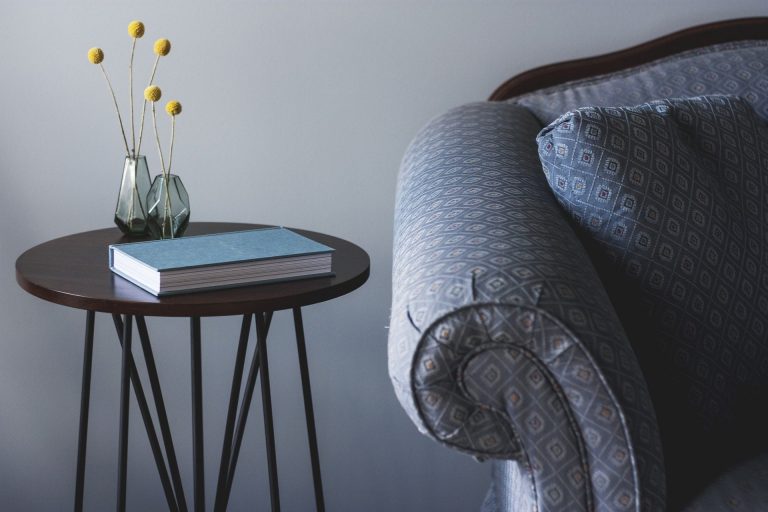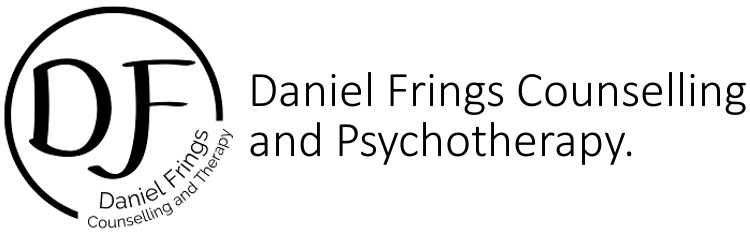What can I expect from counselling?

What can I expect from counselling?
Counselling comes in many forms - my own training and practice is person centred and psychodynamic. In plain language (which I favour!) this means I will provided a safe, empathetic and non judgemental space, and be guided by you in terms of the directions we take. My psychodynamic training also means I have a focus on how the past impacts us in the present, for instance in patterns of thoughts and feelings both conscious and unconscious. I will sometimes highlight patterns or themes in what we discuss and invite you to reflect on them. Most of a given session will revolve around you discussing the issues you want to explore and other things which spring to mind which may be related - this means the structure is fairly free form. I won't give 'advice' (as you are the premier expert on yourself, even if it doesn't always feel that way!) but I may invite you to undertake exercises to provoke new ways of thinking. I will also gently keep our focus on the goals we agree on.
Is it hard?
Therapy often deals with difficult and emotive issues - you may well feel very emotional during and sometimes between sessions while in therapy. This is quite normal (and can be considered a sign the work is going well). However, we will keep a 'weather eye' on how tolerable these experiences are from session to session to ensure your well-being. It can be hard to open up initially, so we will make sure to work at your pace.
How long will it take?
Each session is 50 minutes in length. The number of sessions varies depending on the nature of the issue you want to explore - you can read more about this here in a short article I have prepared. I typically suggest either 6 or 12 sessions initially, after which we can review and extend if we both feel it would be of value. I have no upper limit on the number of sessions in a course of work, and am prepared to work in the longer term if it is beneficial. You can stop seeing me at any time, but if you do choose to terminate before an agreed date, I advise we arrange an ending session (see below).
The first session
The first session is a little different to others, as we spend the time discussing how the counselling will proceed, the agreement we make around how to work together, the issues you'd like to explore and, most importantly, what you would like to achieve. Usually we would also agree the number of initial sessions also. This introductory session allows us to get to know one another and, if we both feel it beneficial to continue beyond it, lay the foundations for a safe, trusting therapeutic relationship.
Review and ending
Periodically I will suggest that we review the work we are doing, to make sure the goals we have set ourselves are still helpful, and if there is anything about the therapy process we would like to change. We may also agree to extend or reduce the number of sessions during a review. Once we agree to an ending we will arrange a final session to review the work we have undertaken as a whole, recognise and celebrate the positive changes you have made and provide a positive ending to your counselling experience.
The Rewind Technique
I am a trained practitioner of the Rewind technique, which helps people who have experienced trauma and suffer from intrusive memories. If I feel use of this technique is appropriate, I may suggest we undertake it. The aim of a Rewind session is to give you control over the memories of traumatic events and change the way you related to them. These sessions are different to my usual style of counselling as they are quite directive - with me guiding you through the process step by step in a supportive manner.
Ready to begin your journey?
Find our more about counselling with Dan Frings here.
